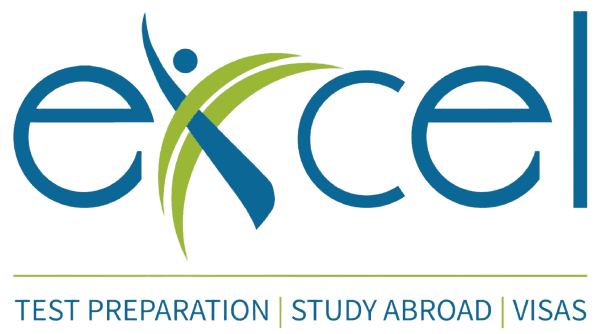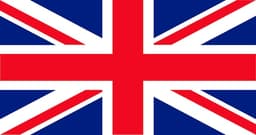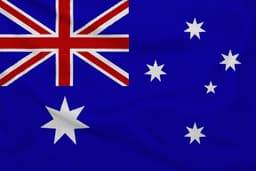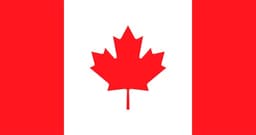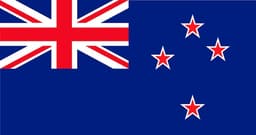Study inCanada: Your Pathway to Global Opportunities
World-class Canada, endless opportunities in Australia
Why Choose Canada?
Canada is a top global destination for international students, offering high-quality education, multicultural cities, and a safe, welcoming environment. Canadian degrees are internationally recognized and emphasize practical learning, research, and innovation.
All designated learning institutions (DLIs) in Canada are approved by provincial or territorial governments and must meet strict quality standards. International students are protected under Canadian law and benefit from strong student support services.
Key Facts at a Glance
| Fact | Detail |
|---|---|
| Primary Language | English (majority); French in Quebec and some bilingual programs |
| Visa Type | Study Permit (with Letter of Introduction) + eTA or TRV (We provide full assistance.) |
| Major Intakes | Fall (September), Winter (January), and Summer (May) – varies by institution |
| Required Exams | IELTS, TOEFL, PTE Academic, or Duolingo English Test (French tests like TEF/TCF for French programs) |
| Program Levels | Undergraduate (3–4 years), Postgraduate (1–2 years), Diploma/Certificate, and Co-op Programs |
| Est. Annual Fees |
Undergraduate: CAD 15,000 to CAD 35,000 Postgraduate: CAD 16,000 to CAD 40,000+ |
| Funding Sources | Scholarships, education loans, part-time work, and personal savings |
Top-Ranked Universities (QS 2024)
Canada is home to globally respected institutions known for research excellence, affordability, and student satisfaction.
| University | QS Rankings (2024) |
|---|---|
| University of Toronto | 21 |
| McGill University | 30 |
| University of British Columbia | 34 |
| McMaster University | 133 |
| University of Alberta | 111 |
| University of Waterloo | 112 |
Popular Fields of Study
International students in Canada often choose career-focused, in-demand programs with strong co-op and employment opportunities:
- Computer Science & IT: AI, cybersecurity, and software development with strong tech industry ties.
- Engineering: Civil, mechanical, and electrical engineering with hands-on labs and co-op placements.
- Business & MBA: AACSB-accredited programs with global networking and internship options.
- Healthcare & Life Sciences: Nursing, public health, and biomedical sciences with clinical exposure.
- Data Science & Analytics: High-demand field supported by Canada’s growing tech sector.
- Hospitality & Tourism Management: Practical training in one of the world’s most visited countries.
Admission & Visa Requirements
To study in Canada, you must gain admission to a Designated Learning Institution (DLI) and apply for a Study Permit through Immigration, Refugees and Citizenship Canada (IRCC).
1. Academic & Language Requirements
- DLI Approval: Your school must have a valid DLI number (e.g., O19397775672 for many colleges).
- Eligibility: Meet academic criteria (e.g., 12th-grade marks, bachelor’s degree) for your chosen program.
- Language: Submit IELTS (typically 6.0–7.0 overall), TOEFL, or equivalent as required.
2. Proof of Funds
You must show sufficient funds to cover tuition + living expenses (approx. CAD 10,000/year outside Quebec, plus tuition). For a single student: ~CAD 20,000–30,000 total for the first year.
3. Study Permit Application
Submit your Letter of Acceptance, proof of funds, language results, medical exam (if required), and biometrics. Many applicants now use the Student Direct Stream (SDS) for faster processing (within 20 days).
Excel's Support: We assist with DLI verification, SDS eligibility, financial documentation, and visa interview prep.
Important Application Intakes
Canadian institutions offer flexible intakes to accommodate international students:
| Intake | Timeframe | Recommended Application Period |
|---|---|---|
| Fall (Main) | September to December | January to May (apply early for competitive programs) |
| Winter | January to April | June to September of the previous year |
| Summer | May to August | October to January (limited programs) |
Cost of Study & Living Expenses
Budgeting accurately ensures a smooth study experience in Canada.
| Expense | Estimated Cost Range (CAD) |
|---|---|
| Tuition Fees | CAD 15,000 – 40,000+/year (varies by province and program) |
| Living Expenses | CAD 10,000 – 15,000/year (major cities like Toronto/Vancouver: ~CAD 15,000; smaller cities: ~CAD 10,000) |
| Health Insurance | CAD 600 – 1,000/year (mandatory; some provinces include it in tuition) |
| Additional Costs | CAD 1,500 – 3,000/year (books, transport, phone, personal) |
Available Scholarships
While government scholarships are limited, many universities and colleges offer merit-based aid:
- Lester B. Pearson International Scholarship (University of Toronto)
- University of British Columbia International Leader of Tomorrow Award
- McGill Entrance Scholarships
- Ontario Graduate Scholarship (OGS)
- College-specific bursaries and entrance awards
- External scholarships (e.g., Trudeau Foundation, Vanier CGS for PhD)
